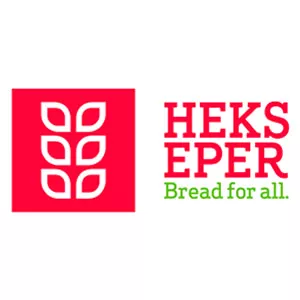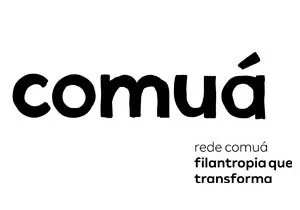Indigenous women from Oiapoque put forward demands at III Indigenous Women’s March
05 de February de 2024
Funded by CESE’s Small Projects Programme and the Patak Maymu Project, supported by the European Union, eight indigenous women from Oiapoque in Amapá travelled to the III Indigenous Women’s March, which took place in Brasilia between 11 and 13 September. The project was proposed by the Association of Indigenous Women in Mutirão (Associação de Mulheres Indígenas em Mutirão: AMIM) and intended to strengthen female indigenous leadership and set out the demands of the region’s peoples at the national meeting.
The III Indigenous Women’s March was organized by the National Coalition of Ancestral Indigenous Warrior Women (Articulação Nacional das Mulheres Indígenas Guerreiras da Ancestralidade: ANMIGA) and, this year, was attended by more than 6 thousand women fighting for human rights and dignity.
Most of the women were attending the event for the first time and were able to make contact with other indigenous people in their search for common goals. Mobility difficulties in the state are an obstacle for the social movements and this is already a matter for dispute. One of their issues is the fact that the BR 156 highway cuts off part of the Uaçá Indigenous Land, where the Galibi Marworno live.

Despite this, they expect similar projects to continue. Janina Forte, representing the AMIM, noted that “The indigenous women of these peoples are an example of resistance and teaching. It’s very expensive for women from the Oiapoque region to travel. With CESE’s support we were able to take more women to participate in the movement. We’re planning to attend the next march. We’re already chasing up grant funding to take even more women to this national movement.”
SEE WHAT THEY SAY ABOUT US
You have to praise CESE’s capacity to find answers so as to extend support to projects from traditional peoples and communities, from family farming, from women; its recognition of the multiple meanings of the right to land, to water and to territory; the importance of citizenship and democracy, including environmental racism and the right to identity in diversity in its discussion agenda, and its support for the struggles and assertion of the values of solidarity and difference.
When we hear talk of the struggles of the peoples of the waters, of the forests, of the semi-arid region, of the city peripheries and of the most varied organizations, we see and hear that CESE is there, at their side, without replacing the subjects of the struggle. Supporting, creating the conditions so that they can follow their own path. It is this spirit that we, at ASA, want you to maintain. We wish you long life in this work to support transformation.
Over these 50 years, we have received the gift of CESE’s presence in our communities. We are witness to how much companionship and solidarity it has invested in our territories. And this has been essential for us to carry on the struggle and defence of our people.
In the name of historical and structural racism, many people look at us, black women, and think that we aren’t competent, intelligent, committed or have no identity. Our experience with CESE is different. We are a diverse group of black women. We are in varied places and have varied stories! It’s important to know this and to believe in us. Thank you CESE, for believing in us. For seeing our plurality and investing in us.
I am a macumba devotee, but I love being with partners whose thinking is different from ours and who respect our form of organization. CESE is one such partner: it helps to build bridges, which are so necessary to ensure that freedom, diversity, respect and solidarity can flow. These 50 years have involved a lot of struggles and the construction of a new world.
CESE was set up during the most violent year of the Military Dictatorship, when torture had been institutionalized, when arbitrary imprisonment, killings and the disappearance of political prisoners had intensified. The churches had the courage to come together and create an institution that could be a living witness of the Christian faith in the service of the Brazilian people. I’m so happy that CESE has reached its 50th anniversary, improving as it matures.




















